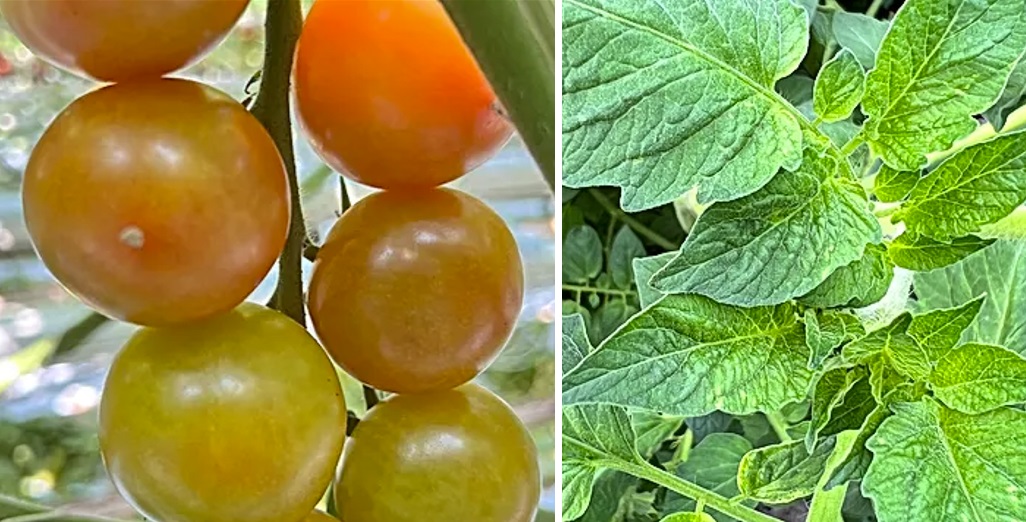Sign up here to subscribe to the Grower2grower Ezine. Every two weeks you will receive new articles, specific to the protected cropping industry, informing you of industry news and events straight to your inbox.
Jul 2018
Sonny Moerenhout, Born into The Greenhouse Industry
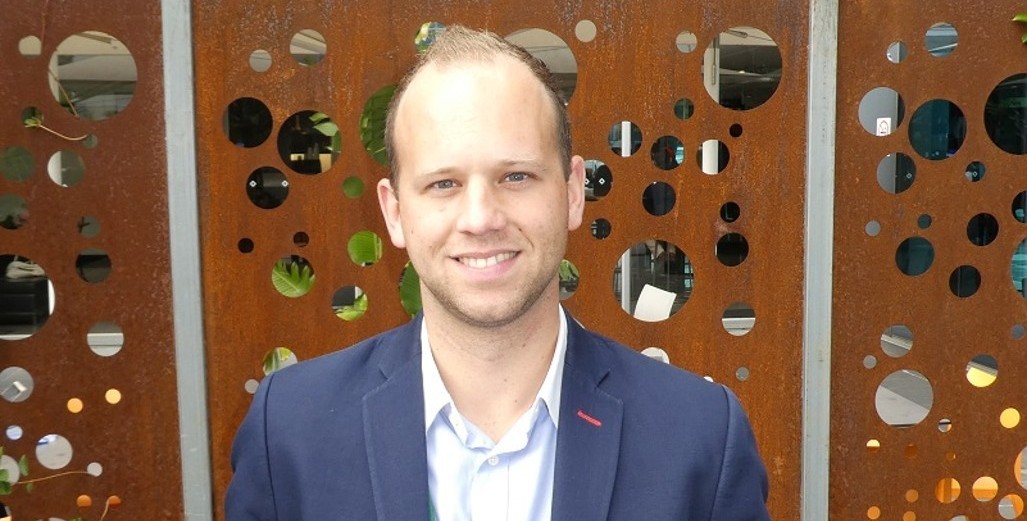
Sonny Moerenhout, Born into The Greenhouse Industry
His close ties with New Zealand
Sonny Moerenhout, at just 31 years of age, has accomplished a great deal. Sonny has a history in New Zealand that started here during 2011 when he completed an internship at Gellert Nurseries in South Auckland. Sonny is now employed as the Sales Area Manager for UK, Ireland, Australia & New Zealand for Grodan.
Sonny was born in Oosterhout (NL) in 1987. He was raised with the greenhouse way of life. His parents until recently grew eggplants situated at Oosteind, the Netherlands. The family’s first greenhouse was first built by Sonny’s grandfather in the 1960’s, by 1997 the greenhouse covered a total area of 2.5 ha (with room for expansion of a further 4 ha). Sonny parents’, Tom & Lisette Moerenhout grew greenhouses crops for more than 25 years. Their growing facility was a modern, high tech structure, including cogeneration capabilities.
From a young age, it was clear that Sonny was interested in growing. After completing high school, he attended Wageningen University in Holland. He completed a BSc and MSc Plant Science, specializing in Greenhouse Horticulture. To complete his Master’s degree, Sonny had to complete an internship at a growing facility. He applied to undertake his internship in New Zealand. Sonny’s desire to come to New Zealand came from the stories he had heard about our beautiful country. He was told that surfing and snowboarding was possible on the same day. The opportunity to see whales, dolphins, our flightless kiwi, not to mention millions of sheep, beaches, such as Ninety-mile beach, as well as the forests’, volcanoes’ and mountains were all irresistible attractions.
During Sonny’s six-month internship he completed a study which looked at the growing techniques, different types of structures and substrates used in NZ. The study also included the influence temperature and PH has on emergence of tomato rootstocks and the consequence for grafting success. Sonny believes the graft is very important, as it will impact on plant quality and the total yield growers achieve.
On return to Holland Sonny completed his Master’s Degree. As part of his Thesis, he studied the effect diffused glass has on early cucumber cultivation as well as the change condensation has on light transmission of diffused glass. Outcomes of this study were the start for ongoing research for the effect condensation has in relation to diffused glass.
After finishing university Sonny decided not start his career as a grower but become more involved with the supplier/technology side of the industry. The knowledge accrued growing up in a family greenhouse business has given him the practical knowledge to start a job and make an immediate impact.
Job History
Sonny was employed by SQM as a Market Development Manager. The role involved giving technical support to SQM sales teams’ all around the world, developing marketing tools, providing technical training and presentations about water-soluble fertilizer in fertigation and foliar applications. Sonny travelled to many places including India, China, Indonesia and the Middle East, working with a diverse range of crops including: rice, wheat, citrus, cacao, bananas and many more. After two years Sonny left SQM, he started a new job as Crop Consultant for Grodan, going back to his roots of greenhouse horticulture. This role included providing technical support to tomato, cucumber, pepper and eggplant growers in Asia Pacific: Australia, New Zealand, Japan and South Korea. Sonny has travelled to several countries such as Russia, Poland, Turkey and Spain as part of his employment with Grodan.
Sonny makes frequent trips to New Zealand, up to four per year. His vast knowledge and experience is widely respected amongst growers in NZ. Sonny is no stranger to NZ’s unique growing conditions, advising growers using Grodan’s substrates to achieve better results is made easier having his experience.
Sonny has said “The trend in the world for substrates is growers moving towards higher slabs, in all greenhouse crops. This development is going really fast, as all growers who start with it never go back.”
The benefits observed by Sonny:
- Gives a more generative start to crops
- Quick refreshment, with minimum drain and maximum EC refreshment
- Both the WC and the EC can be controlled more quickly and accurately, especially during spring and autumn
- A higher slab allows the roots to spread evenly over the total slab height with fewer roots in the more fragile lower areas
- The higher slab allows excess water to drain more easily and almost all drainage water to be collected, therefore sustainable use of water.
“Next to that we see growers are steering less on drain percentage, which they did in the past. Steering on what is happening in the slab in relation to water content (%) and EC (mS/cm) is much more accurate. Therefore, Grodan designed the Grosens measurement tool to help growers by controlling and optimizing watering strategy and to improve crop results in production and quality. It will reduce input in water, fertilizer, pesticides & energy so reducing cost of the grower and secure crop results”.
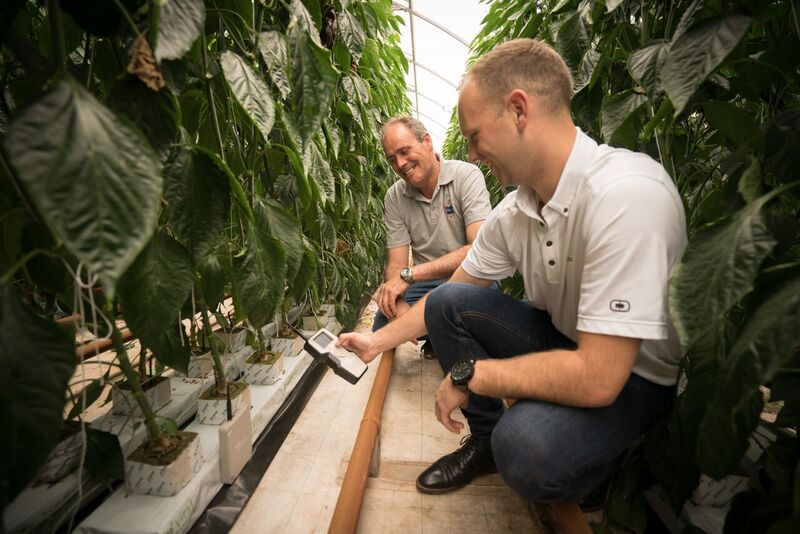
Sonny with NZ Capsicum Grower Gavin Naylor from Freshwest, demonstrating the new Grosens
I asked Sonny his opinion on the following questions:
1 Where do you see the future of horticulture?
“Interesting times as we see that our industry has a huge amount of data and we growers are collecting it already for many years.We are not able to use the data yet, as most of it is stored in different places. We need to connect all data and get up to speed with Artificial Intelligence (AI) or in other terms ‘Machine Learning’. This will really be the next step moving forward to Horticulture 4.0”.
2 How do you see New Zealand greenhouse industry evolving? Are we keeping up with the rest of the world?
“Not much has changed since I was here in 2011, but growers see now, they need to invest again to be able to compete with the Australian industry where expansions and upgrades of greenhouse systems have been done over the last 5 years. Finally, some movement last 1-2 years in NZ which is absolute necessary and I am happy to see”.
3 What do you think of NZ grower’s abilities and where could we improve.
“Steps can be made in adapting towards the next generation of growing (Nieuwe Telen in Dutch). It asks for a different way of thinking from the growers, you need to be open for this. Also, in terms of irrigation the change of steering on % drain towards what is happening in the rootzone is something NZ growers can still work on”.
4 Are there new technologies NZ growers should be aware of that could make a difference to our productivity?
“Most important is to make sure the greenhouses are up to date for the coming 10-15 years. AI is something they should be aware of and not be scared of”.
5 Where do you see yourself in the future?
“It’s definitely an interesting time in the greenhouse industry. New crops coming up are interesting so who knows. I hope I can keep coming back to New Zealand as I love the country, the people and the atmosphere, and of course, to keep in contact with my All Black friends on the other side of the world”.
6 What do you admire about Holland and how it keeps developing new advances in the greenhouse industry?
“The centre of universe for the greenhouse industry is Holland, just as Silicon Valley is for technology. In Holland we need to make sure we keep this position, so investing in research and new technologies is crucial. With the learnings in Holland, I hope to help the New Zealand’s growers in the upcoming years”.
I have fond memories working with Sonny in 2011. Instantly I could tell that Sonny was extremely knowledgeable and could contribute a huge amount to the industry. He is young so the best is yet to come. He is a valuable asset, very important to the development and improvement for our industry.
Here Sonny is presenting Root Zone Management strategies at the Greentech 2016 in Amsterdam.
.jpg)
This photo is the Moerenhout family Greenhouse were Sonny was raised in the Netherlands (2.5 ha)
In 2011 Sonny completed his internship at Gellert Nurseries Ltd in South Auckland, New Zealand.
Trial with LED’s at Sonny’s family’s greenhouse.
Sonny visiting South Korea and helping the growers setting up irrigation strategies.

When he was very young, one of Sonny’s jobs was to transport the eggplants from the greenhouse to the packhouse
I appreciate your comments. Please feel free to comment below or on the grower2grower Facebook page:
https://www.facebook.com/StefanGrower2grower/
Article Written by Stefan Vogrincic, Consultant, Grower2Grower
CLASSIFIED
Subscribe to our E-Zine
More
From This Category

Kotare Farms Features on Country Calendar
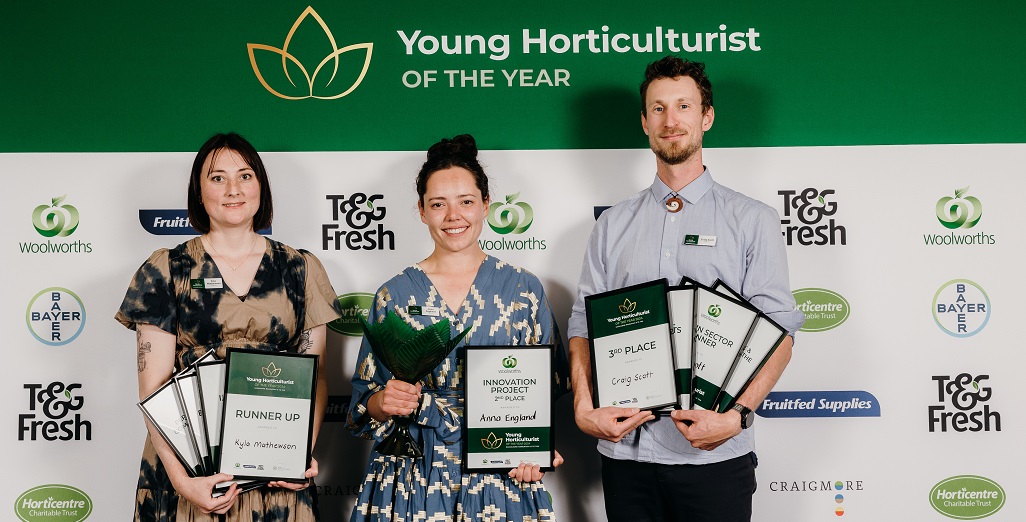
Cantabrian wins Young Horticulturist of the Year Competition

TNZ Mini Conference August 2024
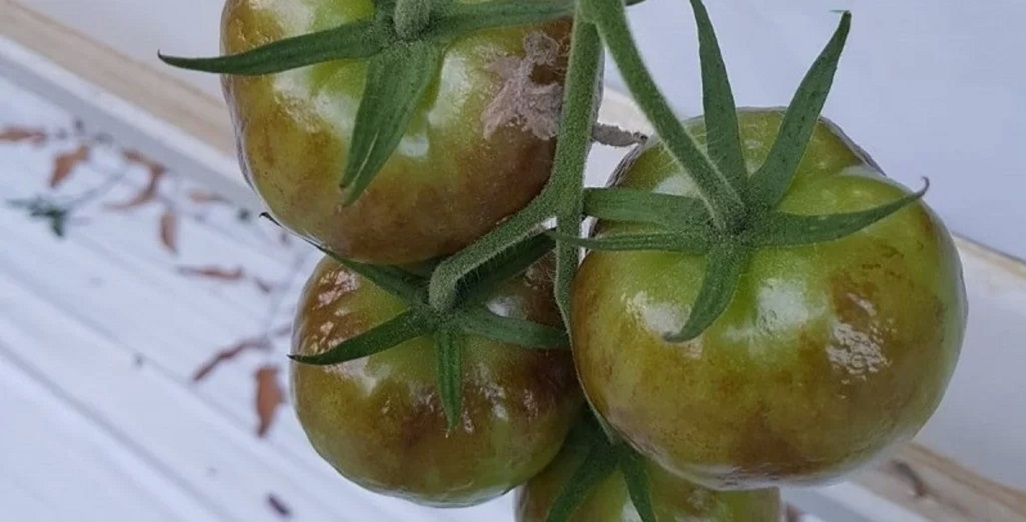
MPI – decision to temporarily suspend all Imported Australian fresh Tomatoes the correct one.

Plant & Food Research welcomes changes to gene technology regulations
